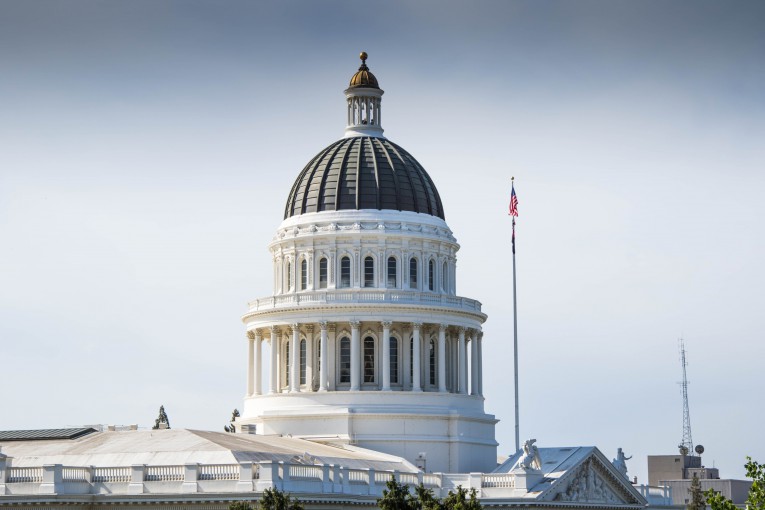

By Audrey Sawyer
SACRAMENTO, CA — The End Slavery in California Act (ACA 8) will go to the ballot this November in California after the Legislature approved it Thursday here in the State Capitol.
The End Slavery in California Act Coalition said the measure will now allow voters an opportunity to end legalized constitutional slavery by removing the “exception clause” that enables prison officials to exploit involuntary servitude and penalize those who refuse work assignments.
While California’s current constitution states that slavery is prohibited, it makes the same comment regarding involuntary servitude, except to “punish crime,” said the Coalition, adding the bill is a key component of the California Reparations Bills package and looks to eliminate involuntary servitude from California’s state constitution.
ACA 8 was authored by Assemblymember Lori Wilson (Chair of California Legislative Black Caucus), and continues work initiated by former California State Senator and current U.S. Congresswoman Sydney Kamlager-Dove. The bill proposal was given to Dove from Jamilia Land and her former husband Samual Brown in 2020.
Prisoners make pennies an hour and have no say regarding their work assignments, said a 2017 report from the Prison Policy Initiative, that charged inmates earned around eight cents to 37 cents per hour on average for a regular prison job.
An article from ABC shared a story on how Land’s glasses that were received from the UC Berkeley optometry department were actually produced from the inside of a California State Prison. The sheet provided to Land described the location as being from CALPIA (California Prison Industry Authority).
(California Prison Industry Authority).
The ABC article explains advocates of ACA 8 argue that incarcerated people desire to work, but that they want to be able to make a choice regarding their assignment.
John Vasquez, who was 16 when sentenced to more than 30 years behind bars, said that he was on the waiting list for a job for over three years and that there will still be interest in labor: “I wanted to work because I wanted something to do. Most people incarcerated want any possible excuse to just get out of their cell.”
ACA 3, The California Abolition Act, was previously pushed by Dove but did not pass in the State Senate, which was meant to eradicate legalized slavery. Kamlager-Dove emphasized that while the 13th Amendment had ended slavery, today’s institution has evolved into other forms, such as Jim Crow laws or our current prison system.
Kamlager-Dove stated, “The exceptions for slavery and involuntary solitude in both the California state Constitution and the 13th Amendment are moral disgraces that need to be addressed both at state and federal levels.”
Kamlager-Dove noted the introduction of the Abolition Amendment would both amend the state constitution and abolish slavery, stating ACA 8 would end prison labor in California.
Assemblymember Wilson commented the fight to end involuntary servitude in California’s constitution is a “vital step” towards justice and equality, adding ACA 8 represents a critical moment in the ongoing struggle to address and correct the historical injustices faced by African Americans in both California and the U.S.
Land, bill sponsor and co-founder of the Anti-Violence Safety And Accountability Project (and Co-Director of State Operations for the Abolish Slavery National Network) argued California had reinforced its pro-slavery positions last year by voting against ACA 3 and by referencing it was because of the “cost.”
Land said California is near another neighboring state, Nevada, which would possibly close Senate Joint Resolution 33 aiming to close the loophole which was created by the 13th Amendment. Utah, Colorado, and Nebraska are states which have already altered their state constitution to abolish all forms of slavery.
Another area of support of ACA 8 is the California Democratic Party, which has endorsed the bill, led by Congresswoman Maxine Waters, who has noted it “is an issue we have discussed for a long time.”
Waters continued to cite that incarcerated people are subjected to modern day forced labor that ought to be “outlawed.”